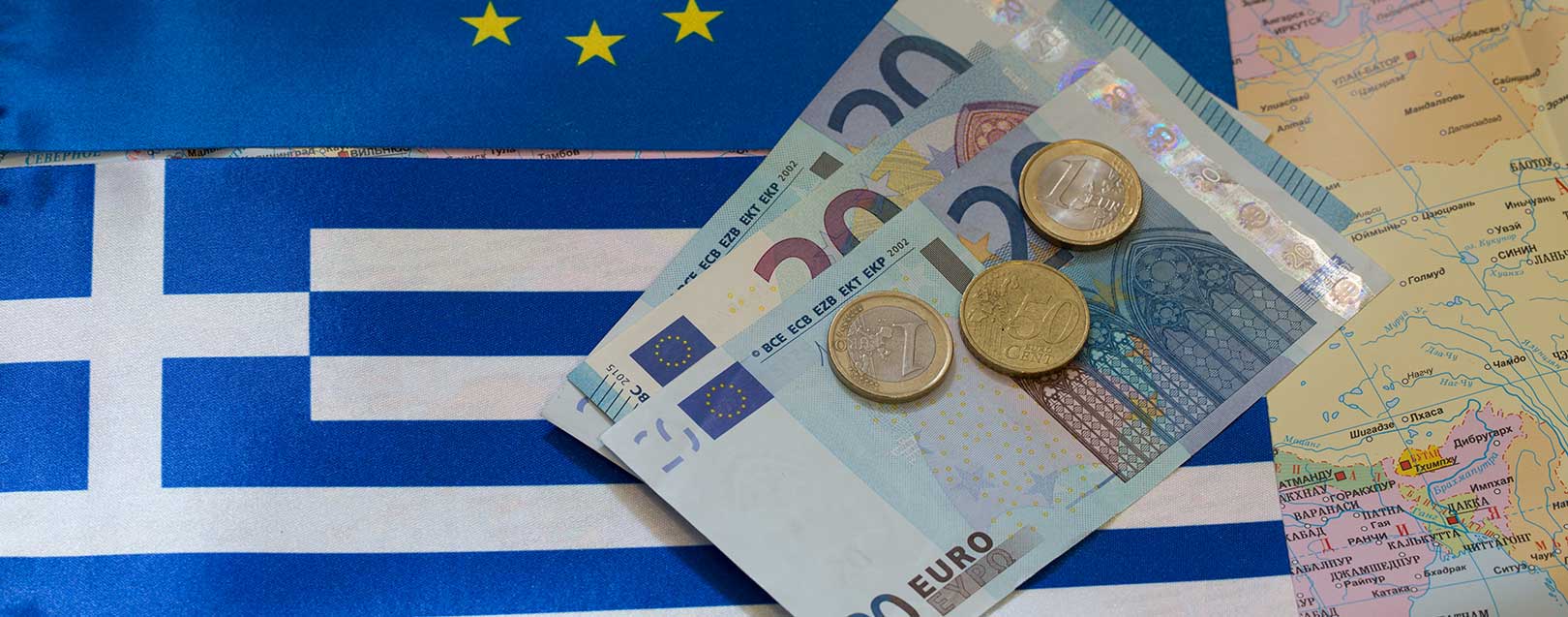
Stalemated bailout negotiations: Greece's future hangs in balance
The Dollar Business Bureau
Greece has made a plea to its eurozone creditors and International Monetary Fund (IMF) to refrain from further imposition of austerity on its already slowing economy. Since the country has met its budget targets, the government's spokesperson said that there is no reason for tougher conditions on the proposed bailout package, the terms for which have been in negotiation for months.
It is crucial for Greece to receive the 86 billion Euro bailout package in order to fulfill its interest obligations, which it will inevitably default on without external aid. The tug-of-war between the creditors and the Greece government has culminated in a stalemate, with neither party willing to budge from its position with respect to stringent reforms and spending cuts.
"The Greek government is negotiating with responsibility and resolve ... but all of that must, however, be without any additional burden, and without additional costs for Greek society," Greek government spokesman Dimitris Tzanakopoulos told a news briefing.
The Greek government's goal in the negotiations is to obtain the bailout package, while ensuring that the Greek population does not take even a euro more of additional burden.
With Greece taking such a rigid stance, the big question that arises is whether a deal can be arrived at before the meeting of eurozone finance ministers on February 20, 2017. If not, it is feared that Greece will lapse into the catastrophic situation it was recued from two years ago, when it was on the verge of being ousted from the EU.
The Greek citizens, who have already seen multiple cuts in their income since the onset of the debt crisis had elected Alexis Tsipras as their Prime Minister in January 2015. The premise of his election campaign was to get Greece a fair deal and negotiate for leniency in austerity reforms.
With a debt of 7.5 billion euro due for payment by Greece in July 2017, a delay in agreement on the bailout package could have cataclysmic consequences for the Greek economy. Greece has already been the recipient of three bailout packages since 2010, with the last one amounting to 31.7 billion euros. Adding to Greek woes, IMF is also reluctant to negotiate a deal due to its fears that Greece will not be able to lift itself up from mountains of debt it is buried under. Athens has strongly opposed the pessimistic predictions and pleaded for more realistic assumptions from international lending agencies like IMF.
"So policy makers are faced with this choice – work hard to reach an agreement that will build on progress made or slip back into uncertainty. I think the choice is obvious," said Valdis Dombrovskis, VP, European Commission.
By delaying a solution to the crisis, the European leaders risk going back on whatever little recovery Greece has made since the debacle of 2015.





 to success.
to success.